At BlockchainReporter, our unique interviews transcend the ordinary, offering an unparalleled glimpse into the dynamic world of blockchain. We curate conversations with trailblazers, thought leaders, and industry pioneers, unraveling the intricate threads of innovation and disruption woven into the blockchain landscape. Through insightful dialogues, we delve into the untold stories behind groundbreaking projects, exploring the human side of technological evolution. Our platform is a beacon for those hungry for exclusive insights, forging a narrative that goes beyond the surface to uncover the essence of blockchain’s transformative power. Join us on a journey of discovery as we bring you interviews that redefine the boundaries of understanding in the ever-evolving realm of blockchain technology.
Crypto Interviews
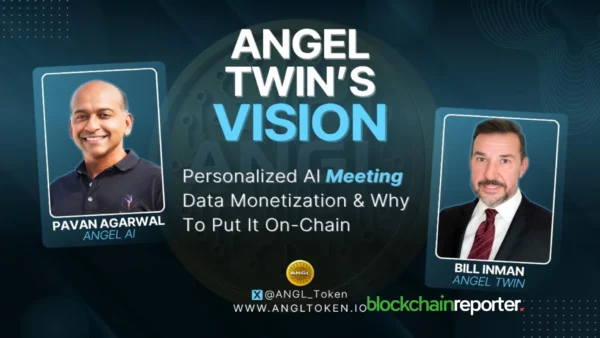
Angel Twin merges AI with on-chain data monetization via $ANGL, letting users earn from their digital twins while ensuring transparency and real-world utility.
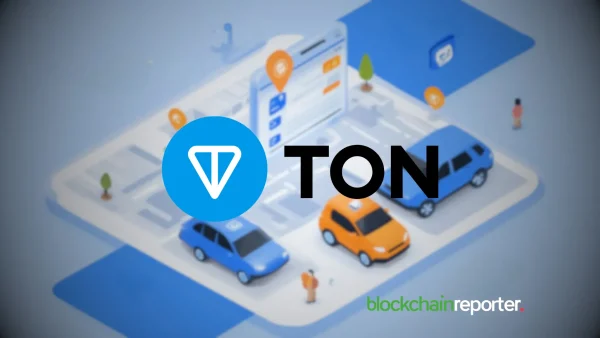
In this interview, Martin Masser, Head of Growth at TON, shares how TMAs, stickers, and fan engagement are powering TON’s push into mainstream crypto.
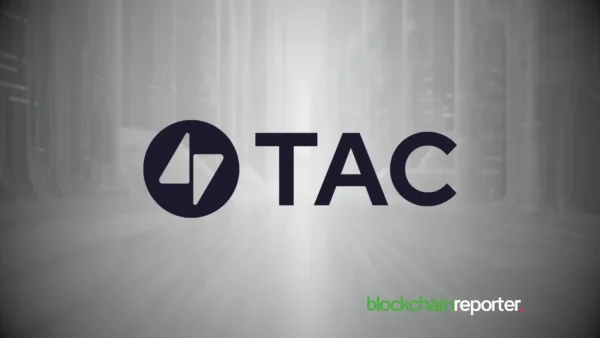
Pavel Altukhov reveals how TAC bridges Ethereum and TON to unlock Telegram’s 1B+ users—powering hybrid dApps and redefining Web3 access.
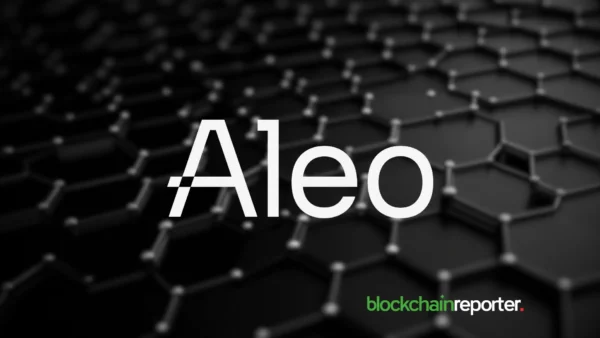
Aleo EVP Josh Hawkins shares insights on privacy tech, policy outreach, and ZK adoption as Aleo positions itself as a secure, programmable blockchain platform.
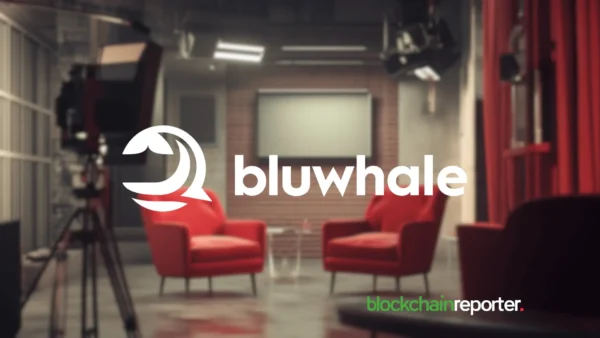
Bluwhale is empowering users to tokenize digital identity, monetize data, and drive decentralized AI through blockchain as well as zero-knowledge technology.
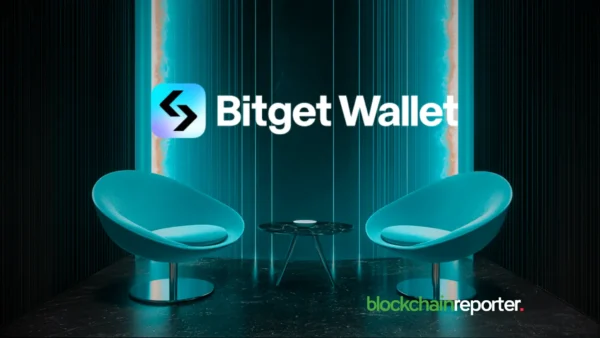
Bitget Wallet COO, Alvin Kan unfolds the Bitget Wallet Alpha’s mobile-first design, real-time trading signals, and impact on seamless on-chain trading.
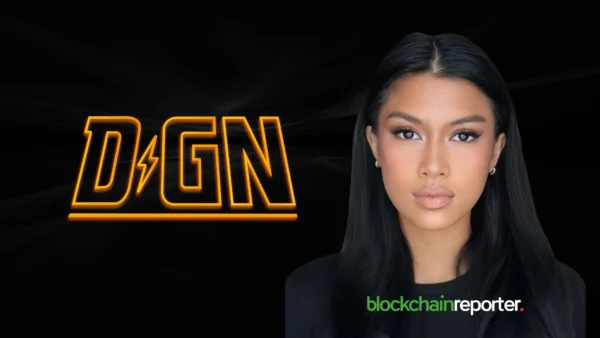
Johanna Cabildo’s D-GN is redefining AI by decentralizing data labeling, empowering users with blockchain-backed, gamified rewards.

Naveen Jain explains how Tari simplifies crypto mining, restores blockchain’s founding principles, and brings privacy and usability to the masses.

Komodo’s CTO, Kadan Stadelmann, explains how Trump’s return reshaped the SEC’s stance on crypto—and what it means for the future of DeFi builders.
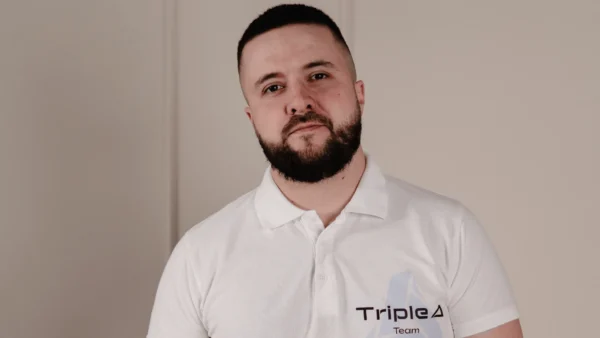
Discover Bohdan Babinskyi, CBDO at TripleA – a visionary leader reshaping crypto media, with $10M+ in past sales and global strategy expertise.
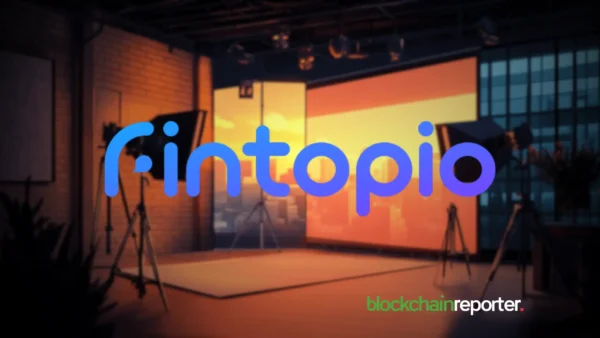
Steve Milton shares his journey from Shopify and Binance to co-founding Fintopio, discussing crypto wallet usability and the future of Web3 adoption.
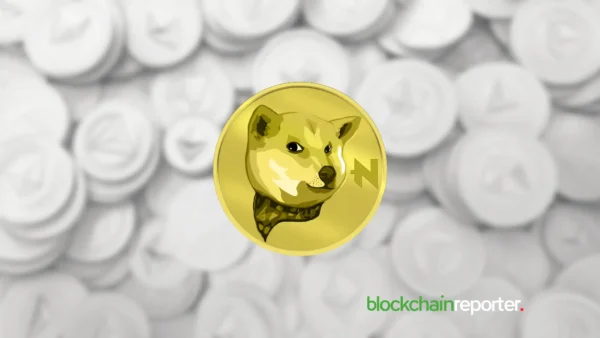
CTO Lead S shares how Neiro was reborn after abandonment, how the team fights rug pulls, and what makes this decentralized memecoin stand out.